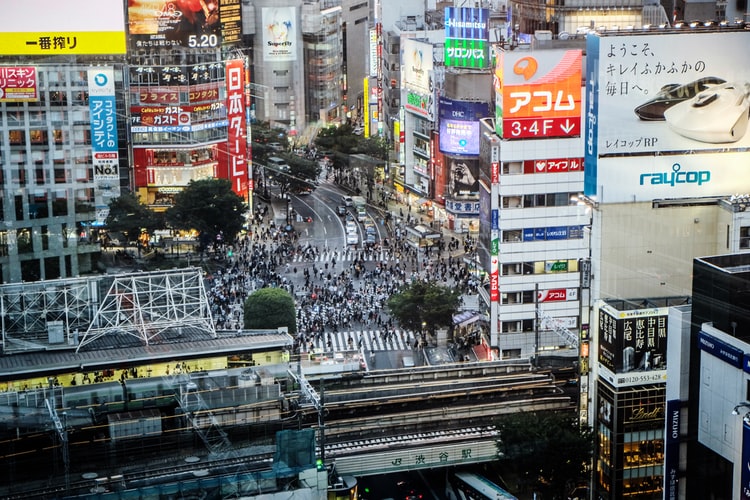
TOKYO — Japan’s Cabinet on Friday approved the removal of South Korea from a “whitelist” of countries with preferential trade status, a move sure to fuel antagonism already at a boiling point over recent export controls and the issue of compensation for wartime Korean labourers.
The decision expanding controls over exports of sensitive materials takes effect on Aug. 28. It follows an earlier requirement that Japanese companies’ exports to South Korea be approved on a case-by-case basis for three materials used in semiconductors, smartphones and other high-tech devices.
In addition to escalating tensions between the Asian neighbours, the move will ripple across the high-tech sector, further affecting supply chains already rattled by U.S.-China trade tensions.
The loss of preferential trade status will apply to dozens more products on a list of items that potentially could be converted to weapons. That’s in addition to more than 200 other items requiring individual inspection for exports to all countries.
Japan’s trade ministry says Seoul has undermined a “relationship of trust” in export controls after repeatedly ignoring or postponing Japan’s request for explanation over what Japan considered problematic shipments. It said it had concerns about whether South Korean export controls would prevent misuse of sensitive materials.
Approvals of such exports could take up to 90 days, slowing but not halting shipments.
The trade spat came as relations between the two neighbours have soured over South Korea’s demands for compensation for their harsh labour for Japanese companies before and during World War II, an issue Japan says was settled under the 1965 treaty normalizing relations.
Japan denies Seoul’s allegation that the export controls were imposed as retaliation for South Korean court rulings allowing Japanese companies’ assets to be seized over compensation for their wartime use of Korean labourers.
Japan and South Korea are both important hosts for U.S. military bases in East Asia. But they’ve been bickering for years over a territorial dispute and over South Korean demands for more contrition and compensation from Japan over the wartime labour and sexual abuse of Korean women in military brothels during the Japanese colonization of the Korean peninsula in 1910-1945.
Japanese Foreign Minister Taro Kono and his South Korean counterpart, Kang Kyung-wha, spoke Thursday on the sidelines of the Association of Southeast Asian Nations meetings in Bangkok, but repeated each other’s demands, officials said. Kang, speaking to reporters after the talks, warned of “grave ramifications on bilateral relations” if South Korea was removed from Japan’s list.
Kang and Kono will hold talks Friday with U.S. Secretary of State Mike Pompeo, a three-way meeting that comes after Seoul’s efforts to seek U.S. help in resolving its trade row with Japan.
———
This story has been corrected to show the decision takes effect Aug. 28, not 23.